A Comprehensive Guide to Offshore Drilling Training
The vast expanse of the ocean holds a treasure trove of energy resources, waiting to be tapped. But harnessing this power requires a unique breed of individuals – the offshore drillers. These skilled professionals operate complex machinery in a demanding and unforgiving environment, playing a vital role in the global energy sector.
If you’re considering embarking on this challenging yet rewarding career path, understanding the intricacies of offshore drilling training is essential. This comprehensive guide will equip you with the knowledge needed to navigate the training journey and prepare yourself for a successful career on the high seas.
Understanding Offshore Drilling Operations
Offshore drilling operations involve the exploration, drilling, and production of oil and gas reserves located beneath the ocean floor. Various types of drilling rigs are utilized, including jack-up rigs, semi-submersible rigs, and drillships, each designed to operate in specific offshore environments. These rigs are equipped with sophisticated machinery and technology to conduct drilling operations at depths ranging from shallow waters to ultra-deep waters.
The drilling process begins with the exploration phase, where geologists and geophysicists analyze seismic data to identify potential drilling sites. Once a suitable location is identified, the drilling rig is mobilized to the site, and drilling operations commence. During the drilling phase, a drill bit is used to penetrate the earth’s crust, allowing for the extraction of oil and gas reserves. Finally, the production phase involves the installation of production equipment to extract and transport the recovered hydrocarbons to the surface for processing.
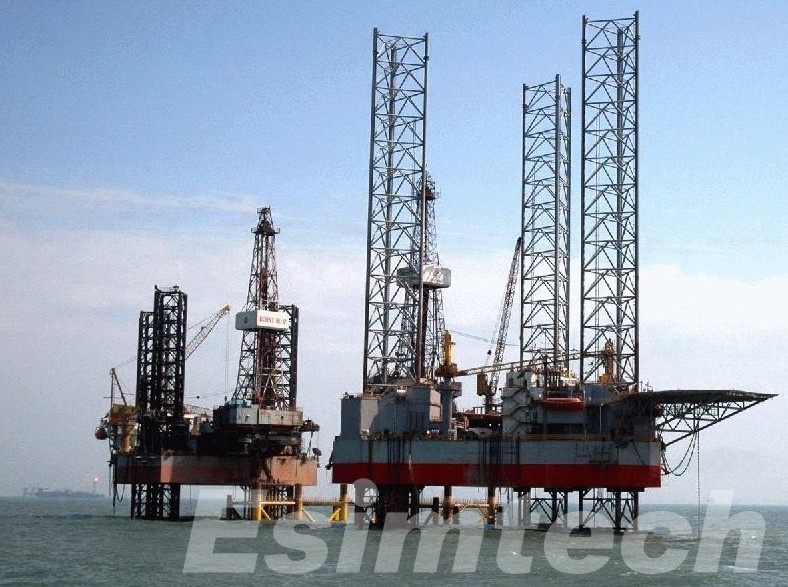
Training Requirements for Offshore Drillers
The role of an offshore driller is pivotal in ensuring the success and safety of drilling operations in offshore environments. To meet the demands of this challenging profession, offshore drillers must undergo rigorous training to develop the necessary skills, knowledge, and competencies. Regulatory bodies, industry associations, and drilling companies have established comprehensive training requirements to ensure that offshore drillers possess the qualifications needed to perform their duties effectively and safely.
1. Basic Safety Training:
Offshore drillers must undergo rigorous safety training to respond effectively to emergencies and mitigate risks associated with drilling operations. This includes training in:
- Emergency response procedures: Offshore drillers are trained to handle various emergency scenarios, including well blowouts, fires, and personnel evacuations.
- Firefighting techniques: Knowledge of firefighting equipment, techniques, and protocols is essential for offshore drillers to contain and extinguish fires onboard drilling rigs.
- First aid and medical emergency response: Offshore drillers receive training in providing basic medical assistance and responding to medical emergencies until professional medical help arrives.
2. Technical Training:
Offshore drilling operations involve complex machinery, equipment, and systems that require specialized technical knowledge. Training in technical aspects includes:
- Drilling equipment and systems: Offshore drillers learn about the components and functionality of drilling rigs, including the drill string, blowout preventers, mud pumps, and hoisting systems.
- Well control procedures: Understanding well control principles, kick detection, and blowout prevention techniques is crucial for maintaining well integrity and preventing incidents.
- Equipment operation and maintenance: Offshore drillers are trained to operate and maintain drilling equipment safely and efficiently, including routine inspections, troubleshooting, and repairs.
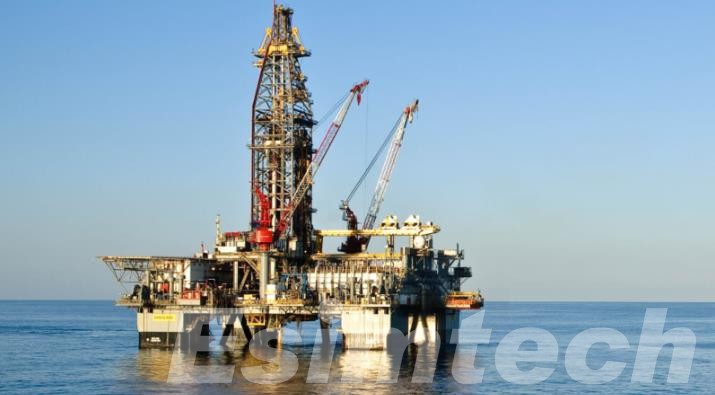
3. Environmental Awareness Training:
Offshore drilling operations have the potential to impact marine ecosystems and the environment. Offshore drillers receive training in environmental awareness to minimize the ecological footprint of drilling activities. This includes:
- Environmental regulations and compliance: Offshore drillers are educated on environmental laws and regulations governing drilling operations, including waste management, discharge regulations, and habitat protection measures.
- Pollution prevention and response: Training in pollution prevention measures and response protocols equips offshore drillers to identify, mitigate, and respond to environmental incidents such as oil spills and chemical leaks.
4. Health and Safety Regulations Compliance:
Offshore drilling operations are subject to stringent health and safety regulations to protect workers from occupational hazards and ensure workplace safety. Training in health and safety regulations compliance covers:
- Hazard identification and risk assessment: Offshore drillers learn to identify potential hazards and assess risks associated with drilling activities, machinery, and workplace environments.
- Personal protective equipment (PPE) usage: Proper selection, fitting, and use of personal protective equipment, including hard hats, safety glasses, gloves, and respiratory protection, are emphasized to minimize the risk of injury.
- Occupational health and hygiene: Offshore drillers receive training in maintaining personal hygiene, preventing exposure to hazardous substances, and minimizing occupational health risks such as noise-induced hearing loss and chemical exposure.
5. Communication and Teamwork Skills Training:
Effective communication and teamwork are essential for safe and efficient offshore drilling operations. Offshore drillers undergo training in:
- Team dynamics and collaboration: Offshore drillers learn to work effectively as part of a multidisciplinary team, communicating clearly, collaborating, and supporting one another to achieve common goals.
- Communication protocols: Training in communication protocols, including radio procedures, verbal and nonverbal communication techniques, and emergency communication procedures, ensures effective communication among drilling crew members, supervisors, and support personnel.
By meeting these comprehensive training requirements, offshore drillers are equipped with the skills, knowledge, and competencies needed to perform their duties safely, efficiently, and responsibly in the challenging offshore environment.
Training Programs for Offshore Drillers
Training programs for offshore drillers are designed to equip participants with the knowledge, skills, and competencies required to perform their roles effectively and safely in offshore drilling operations. These programs are offered by reputable training institutions and organizations globally, catering to both entry-level personnel and experienced professionals seeking career advancement. Let’s delve into the detailed components of these training programs:
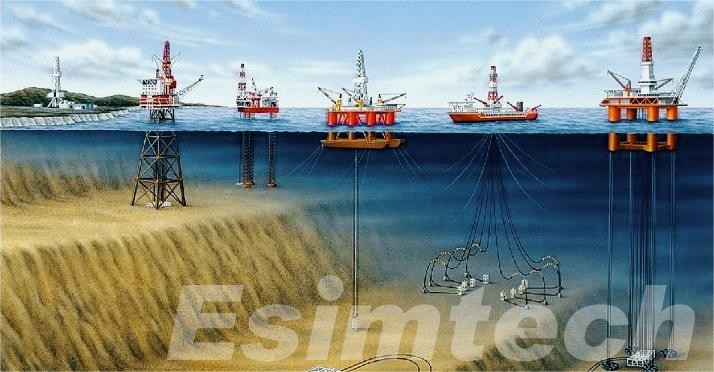
- Introduction to Offshore Drilling Operations:
Participants are introduced to the fundamentals of offshore drilling, including the types of drilling rigs used, components of a drilling rig, and basic drilling terminology.
Overview of offshore drilling environments, covering shallow water, deepwater, and ultra-deepwater operations.
Introduction to the roles and responsibilities of different personnel on a drilling rig, including drillers, roughnecks, toolpushers, and drilling supervisors.
- Drilling Equipment and Systems Overview:
In-depth exploration of drilling equipment and systems commonly used in offshore drilling operations.
Detailed examination of key components, including the drill floor, derrick, top drive, mud pumps, blowout preventer (BOP), and well control equipment.
Hands-on training exercises to familiarize participants with the operation, maintenance, and troubleshooting of drilling equipment.
- Safety Training Modules:
Comprehensive safety training modules emphasizing the importance of maintaining a safe working environment on offshore drilling rigs.
Training on emergency response procedures, including evacuation drills, fire prevention, firefighting techniques, and first aid.
Instruction on the proper use of personal protective equipment (PPE) and adherence to safety protocols to mitigate occupational hazards.
- Regulatory Compliance Training:
Overview of regulatory requirements and industry standards governing offshore drilling operations, including those set forth by organizations such as the International Association of Drilling Contractors (IADC) and the International Maritime Organization (IMO).
Training on compliance with environmental regulations to minimize the environmental impact of drilling activities, including waste management, pollution prevention, and wildlife protection measures.
- Practical Training and Simulations:
Hands-on training exercises and simulations conducted in simulated drilling environments to reinforce theoretical knowledge and skills.
Practice drills on well control procedures, such as kick detection, shut-in procedures, and pressure control techniques.
Realistic scenarios simulate emergency situations, enabling participants to apply their training in high-pressure situations.
- Technology and Innovation:
Exploration of technological advancements and innovations shaping the future of offshore drilling operations.
Training on the use of advanced drilling technologies, such as automated drilling systems, directional drilling tools, and real-time data monitoring systems.
Exposure to digital simulation tools and virtual reality (VR) training platforms for immersive learning experiences.
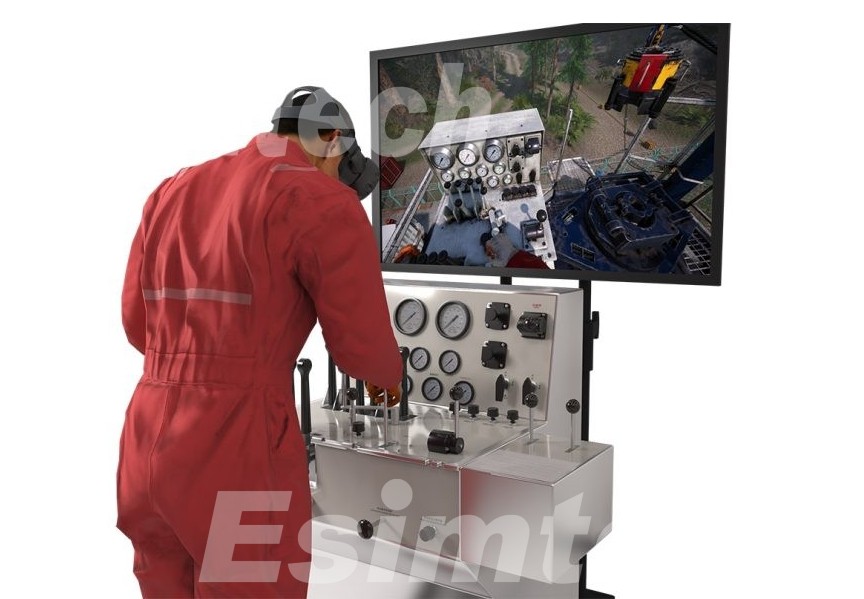
- Continuing Education and Professional Development:
Opportunities for ongoing education and professional development to keep abreast of industry developments and best practices.
Advanced training courses, seminars, workshops, and conferences tailored to the specific needs and interests of offshore drillers.
Certification programs and accreditation options to validate proficiency in specialized areas of offshore drilling operations, such as well control and rig management.
Training programs for offshore drillers are continuously evolving to meet the evolving demands of the offshore drilling industry. By providing participants with comprehensive theoretical knowledge, practical skills training, and exposure to cutting-edge technologies, these programs empower offshore drillers to navigate the complexities of offshore drilling operations safely and efficiently.
Advanced Training for Offshore Drillers
Advanced training for offshore drillers plays a crucial role in honing specialized skills and expertise required for leadership positions and complex drilling operations. These training programs cater to experienced drillers seeking to enhance their knowledge and capabilities in specific areas of offshore drilling.
One aspect of advanced training involves leadership and management skills development. Drillers aspiring to supervisory or managerial roles undergo training in team management, conflict resolution, decision-making, and strategic planning. This equips them with the ability to effectively lead drilling crews, oversee operations, and ensure compliance with safety protocols and regulatory requirements.
Moreover, specialized technical training programs focus on advanced drilling techniques and well control procedures. Participants delve deeper into topics such as directional drilling, casing design, mud engineering, and blowout prevention. Practical simulations and hands-on exercises allow drillers to apply theoretical knowledge in real-world scenarios, enhancing their problem-solving abilities and decision-making skills.
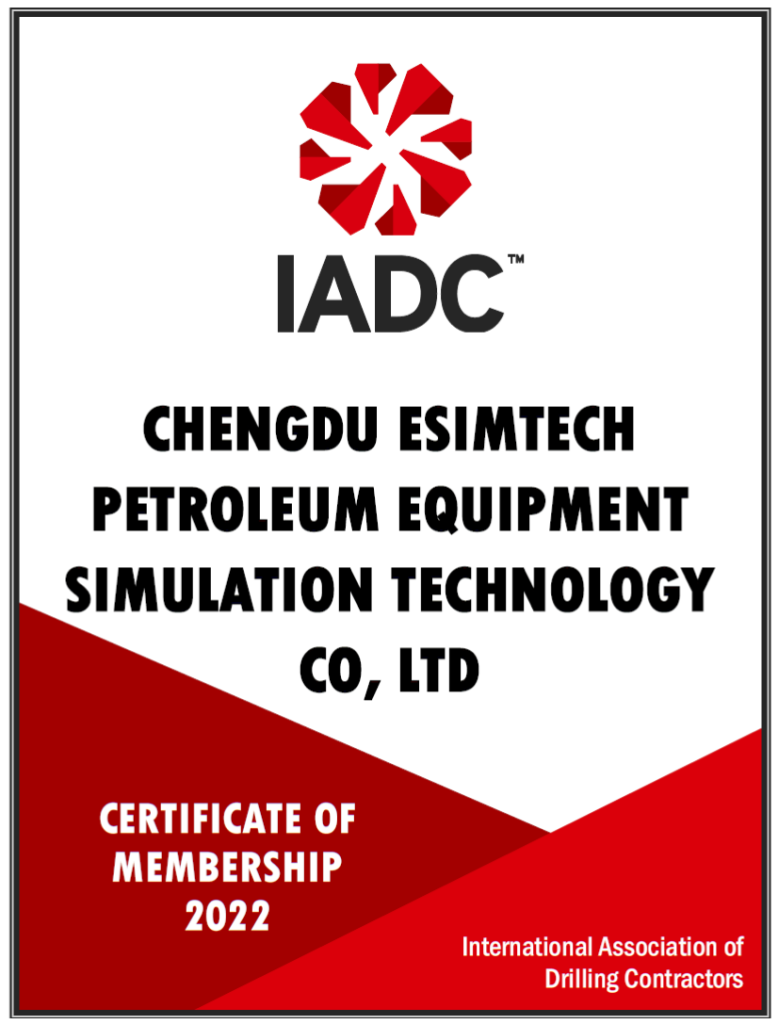
Certification programs, such as the International Association of Drilling Contractors (IADC) WellSharp certification, provide validation of proficiency in well control principles and practices. These certifications demonstrate a driller’s competence in critical areas of well control, including kick detection, shut-in procedures, and pressure management.
Continuing education opportunities further enable offshore drillers to stay abreast of industry advancements, technological innovations, and regulatory changes. By participating in workshops, seminars, and industry conferences, drillers expand their knowledge base, network with peers, and contribute to the ongoing improvement of offshore drilling practices.
Conclusion
Generally, offshore driller training is essential for ensuring the safety, efficiency, and success of offshore drilling operations. By understanding the intricacies of offshore drilling operations, meeting regulatory training requirements, and investing in comprehensive training programs, offshore drillers can acquire the skills and knowledge needed to excel in their roles. Advanced training opportunities further enable offshore drillers to advance their careers and contribute to the continued advancement of the offshore drilling industry. As the industry evolves, ongoing training and professional development will remain critical to meeting the challenges and opportunities of offshore drilling in the 21st century.

